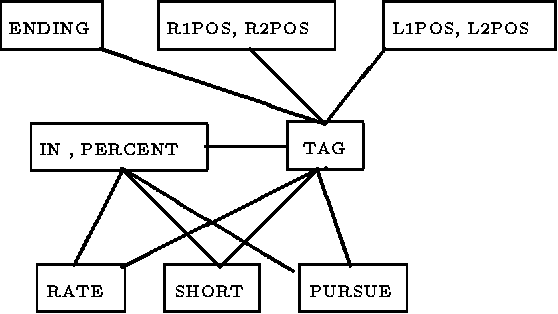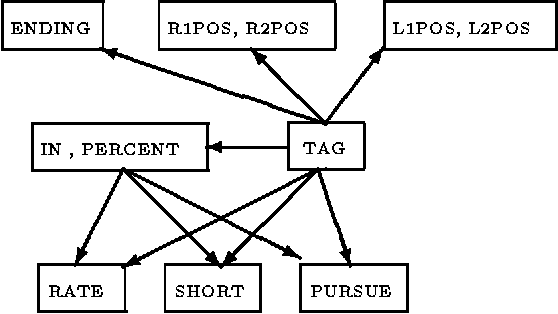Word-Sense Disambiguation Using Decomposable Models
Paper and Code
Jun 01, 1994



Most probabilistic classifiers used for word-sense disambiguation have either been based on only one contextual feature or have used a model that is simply assumed to characterize the interdependencies among multiple contextual features. In this paper, a different approach to formulating a probabilistic model is presented along with a case study of the performance of models produced in this manner for the disambiguation of the noun "interest". We describe a method for formulating probabilistic models that use multiple contextual features for word-sense disambiguation, without requiring untested assumptions regarding the form of the model. Using this approach, the joint distribution of all variables is described by only the most systematic variable interactions, thereby limiting the number of parameters to be estimated, supporting computational efficiency, and providing an understanding of the data.
 Add to Chrome
Add to Chrome Add to Firefox
Add to Firefox Add to Edge
Add to Edge